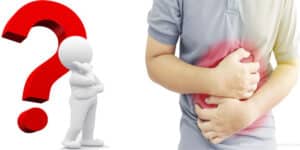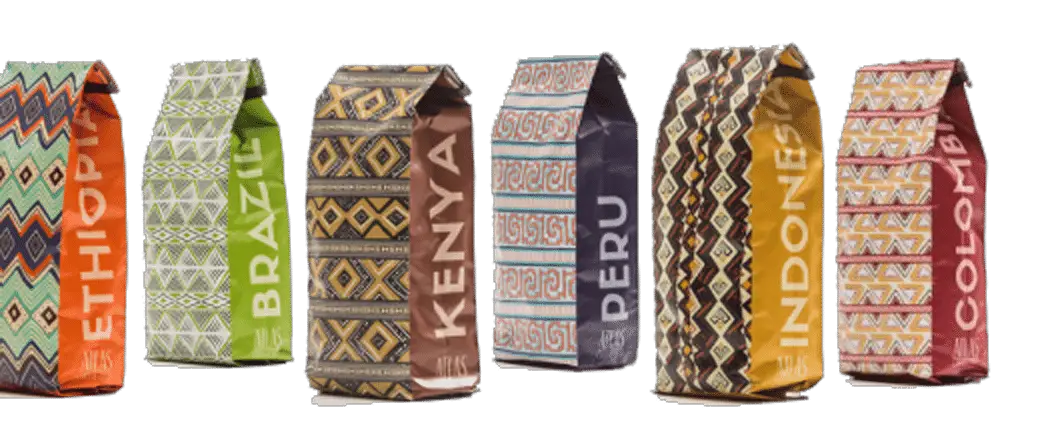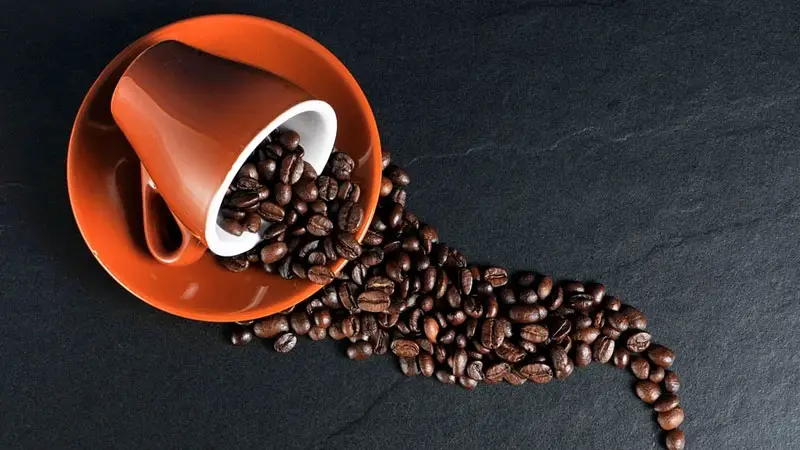
Coffee is the drink of choice for many and any possible links to serious illness or disease can be a source of worry for people who depend on their caffeine hit. Considering the rise in awareness regarding cancers of the digestive system, people are starting to question whether their daily habits could be causing them harm. So is coffee bad for your gallbladder?
The medical literature tends to say coffee is not bad for your gallbladder. Many studies conducted do not show any correlation with increased cancer risk, gallbladder disease, or increased gallstone formation.

Take 50% OFF
your first bag
at Atlas Coffee Club!

I’ll take you through the various published studies on gallbladder disease. You will learn about their conclusions and share insights as to what this research has found and the surprising results.

Can Coffee Trigger a Gallbladder Attack?
The gallbladder is a small, pear-shaped organ that lies under your liver on the right side of your body. Its main job is to store and release bile, a digestive fluid that helps you break down fats. The build-up in the gallbladder of excess materials can lead to them hardening into gallstones. This can cause blockages, leading to sharp pain and, in extreme cases, rupture leading to death.
People who have gallstones tend not to drink coffee. The explanation offered is that coffee and more specifically caffeine causes gallbladder contraction which can irritate already inflamed tissue as the gallbladder presses on the gallstones already formed or push gallstones into ducts that get blocked. However, it is thought that it is the high-fat milk content of coffee that causes gallbladder attacks and so black coffee is the better choice.
There are many large-scale studies conducted on groups of adults considering their coffee intake and possible linkages to disease. Studies have reported an inverse association between high coffee consumption and the risk of gallstone disease. Some studies tend to show protective effects only in women. This means that men are more likely to report gallbladder discomfort despite similar coffee consumption.
Of course, you probably shouldn’t just go from one cup of coffee a day to six just to avoid potential gallbladder disease. The United States National Institute of Diabetes and Digestive and Kidney Diseases recommends that dietary habits relating to food are much more important for the prevention of gallstones.
Drinking coffee can also have effects on the digestive system, particularly increased gastric acid secretion, rectum, and colon activity. This will involve the gallbladder and so can exacerbate gallstone issues.
Can You Drink Coffee When You Have Gallstones?
Gallstones are a common condition around the world, generally sitting at from 5% to about 20% of the adult population. Most cases tend to be asymptomatic. People with asymptomatic gallstones will not modify their coffee intake as it doesn’t cause discomfort. It indeed may relieve the slight discomfort from the early stage formation of gallstones by helping flush them out. This is thought to be because gallbladder contractions caused by caffeine will help empty the gallbladder and push gallstones out.
If the gallstones are already large and causing blockage, coffee is unlikely to help much and other options such as diet modification or even surgery may be the only option. Your body will send clear signals to you through pain if coffee is causing issues with already-formed gallstones and at this point, you should reduce coffee consumption until you have sought medical advice.
What Drinks Are Good for Gallbladder Problems?
Generally, it is thought that excess fat in the diet cause gallbladder issues whereas high fiber and caffeine will help. Avoiding whole dairy and processed products while having approximately 400mg of caffeine or 3-5 cups can have some positive effects.
Given the link between caffeine and gallbladder contractions and the benefits of such contractions, any caffeinated beverage without refined sugars or excessive processing would be fine, including black tea, green tea, and other caffeinated beverages. Low fat or fat-free dairy products are a good choice rather than removing dairy altogether. It is important to keep up your calcium intake.
Reducing sugary drinks from your diet may be one of the most effective ways to help restore your gallbladder to a healthy state rather than trying to find ‘good drinks’ for your gallbladder. You can substitute fruit for these drinks which will also have the benefit of upping your fiber uptake while not containing processed carbohydrates. Most alcohol will also be high in sugar and is not recommended.
Staying hydrated by drinking water is a universal health tip. Given the amount of water involved in indigestion, it’s a good idea to keep your water intake up to help the system function smoothly.
Drinking coffee also brings many other effects on the body including sleeplessness, anxiety, nervousness, and a bump in your appetite. As the gallbladder’s role is to act as a storage for bile, keeping your weight under control will help regulate your gallbladder so that it is not constantly full of bile thus potentially leading to the formation of gallstones.